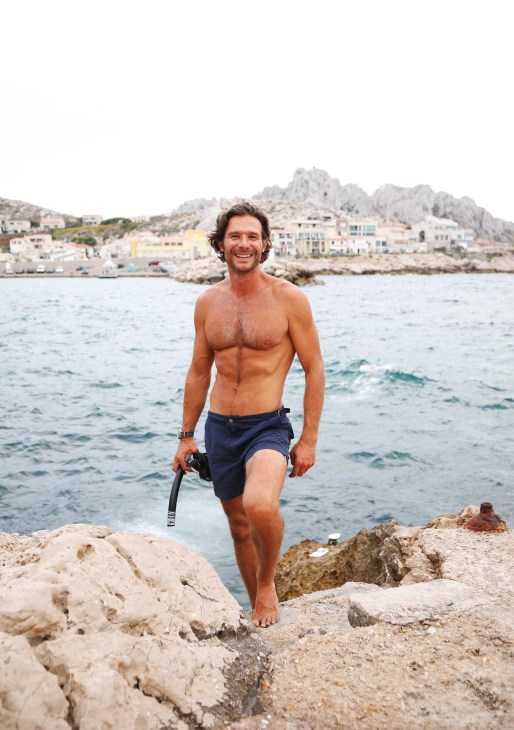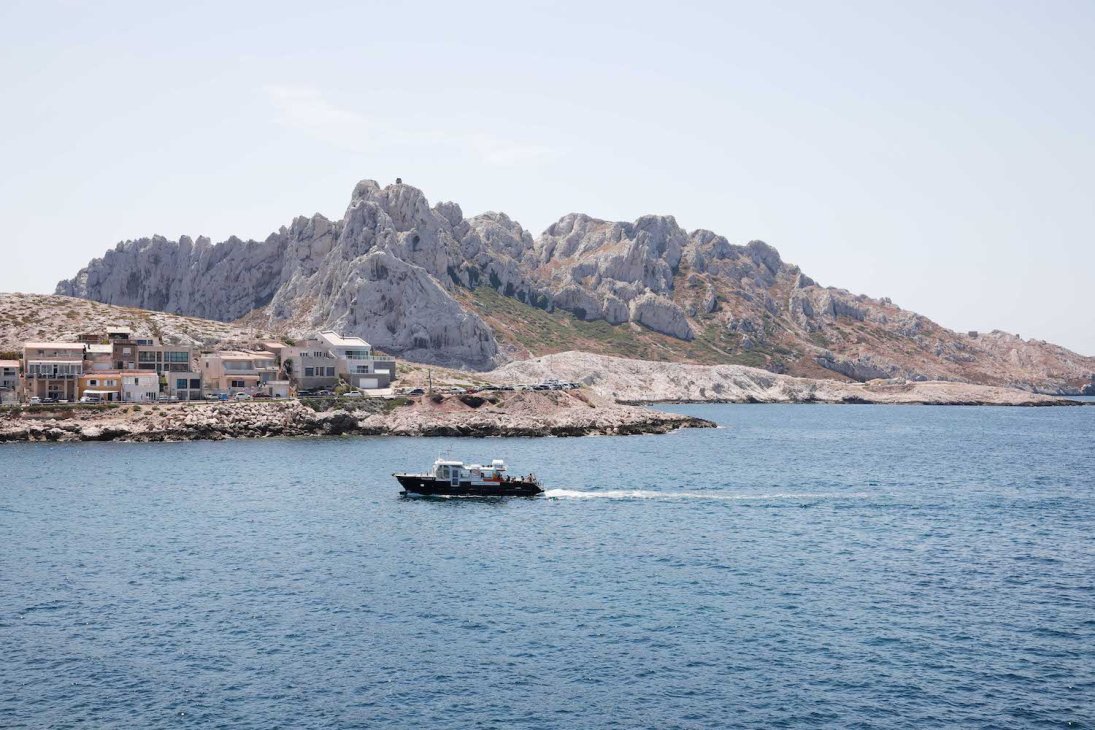Four weekend escapes within reach of Paris
From beachside retreats to rustic idylls, we cater to the most discerning tastes – and, indeed, palates – of those hoping to sample life outside the French capital.
1.
Le Doyenné
Saint-Vrain, Île-de-France
Distance from Paris: 47km
Mode of transport: Car
Time spent travelling: About an hour
Direction: South
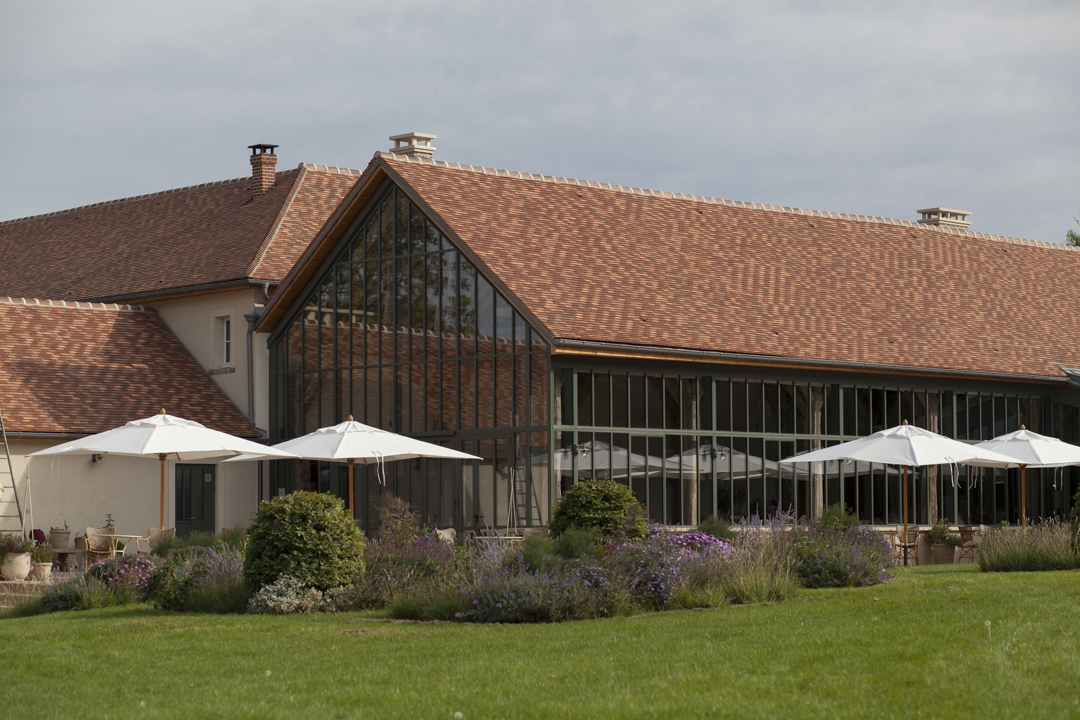
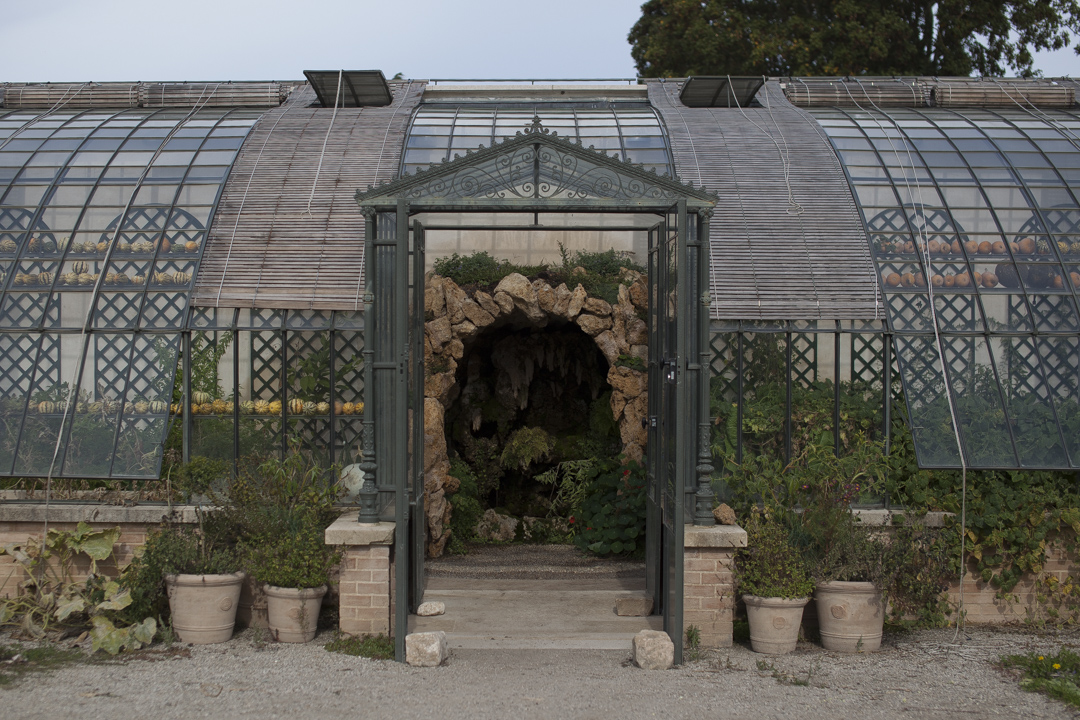
Aussie chefs James Henry and Shaun Kelly made a name for themselves in the restaurants of Paris. But after years in the kitchen, they turned to growing organic vegetables on their farm in Saint-Vrain. Housed in a lovingly restored barn, Le Doyenné opened as a restaurant and guesthouse in 2022 and has had a fine following ever since. Inside the restaurant, glass-paned walls provide views of the garden.
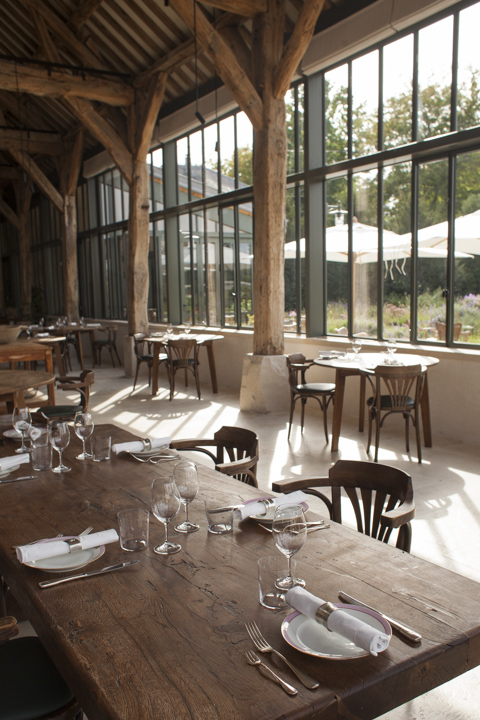
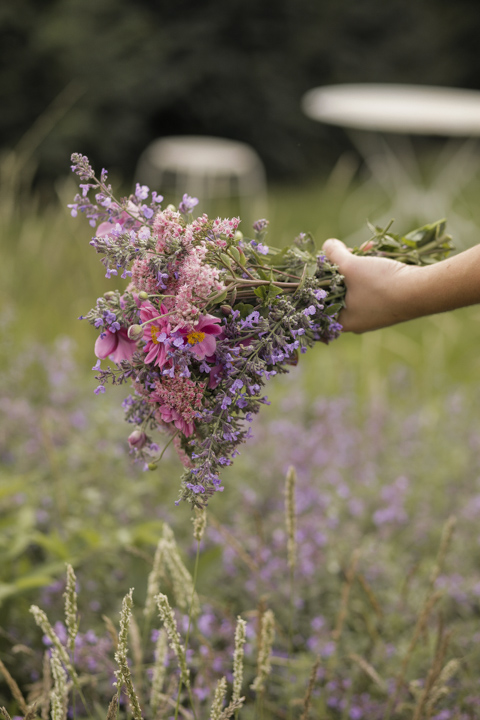
The menus change with the seasons, starring the likes of raw peas in spring and juicy tomatoes in summer. “What works one week won’t work the next,” Henry tells Monocle. “But when we came here our aim was to be self-sufficient and express ourselves.”
ledoyennerestaurant.com
2.
Le Barn
Bonnelles
Distance from Paris: 49km
Mode of transport: Car
Time spent travelling: Less than an hour
Direction: Southwest

The main lobby of Le Barn, a 73-room hotel southwest of Paris, doesn’t have a reception desk or a grand sweeping staircase but rather a wooden shelf, lined with Aigle wellies. The sight sets the scene for a stay at this rural retreat. It is nestled amid a sprawling 200 hectare site, complete with paddocks, a vegetable garden and a pond.
Le Barn opened in 2018 and has become a favourite weekend getaway for Parisians. Guests typically arrive on Friday afternoon in time for goûter or apéro but it’s on Saturday mornings that the place really comes to life. Outdoor yoga classes are held beside the pond and weekend plans are made over breakfast on the verdant terrace.
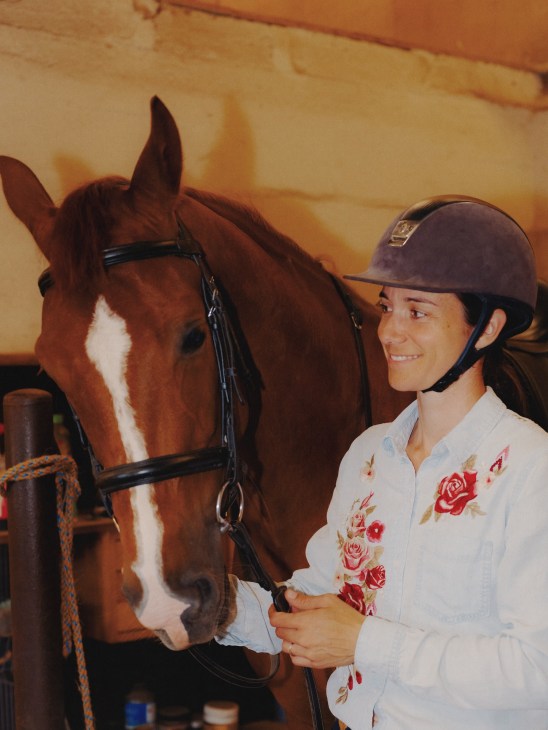
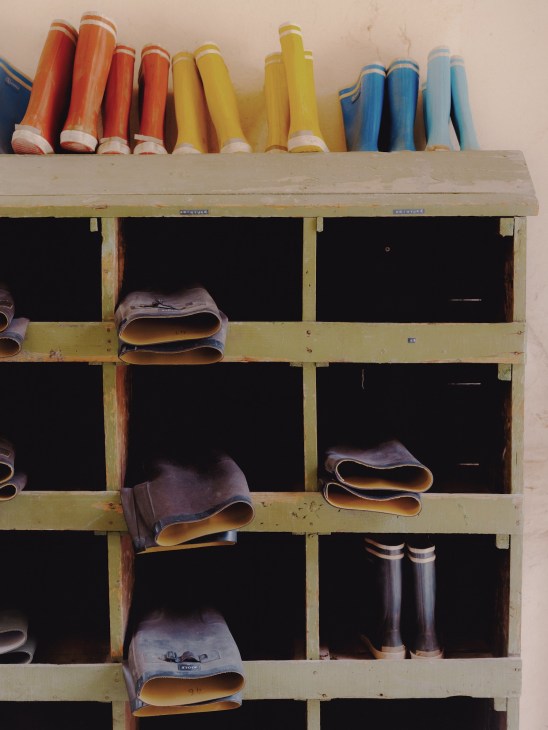
Rather uniquely, the hotel is nestled within Le Haras de la Cense, a distinguished stud farm. Other hotels in the region boast luxurious château settings but this one offers the chance to immerse yourself in nature and get up close and personal with the site’s horses.
“We didn’t want to block off access to the stables or riding arena,” says Franco-American entrepreneur William Kriegel. “The routes are the same for everyone, whether you’re a hotel guest or a student at the Haras de la Cense.”
Kriegel bought the estate in 1980. His decision to expand the stud farm into a hotel came from his desire to offer an innovative hotel concept that was an alternative to the country house, while still offering a closeness to nature.
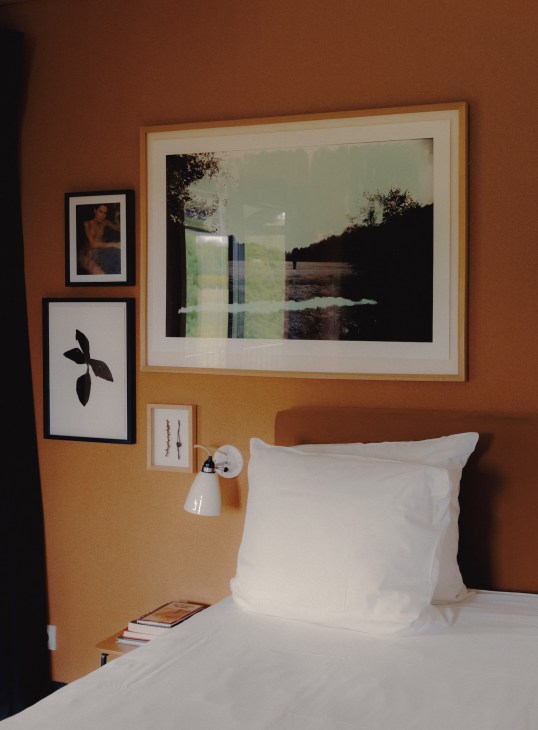
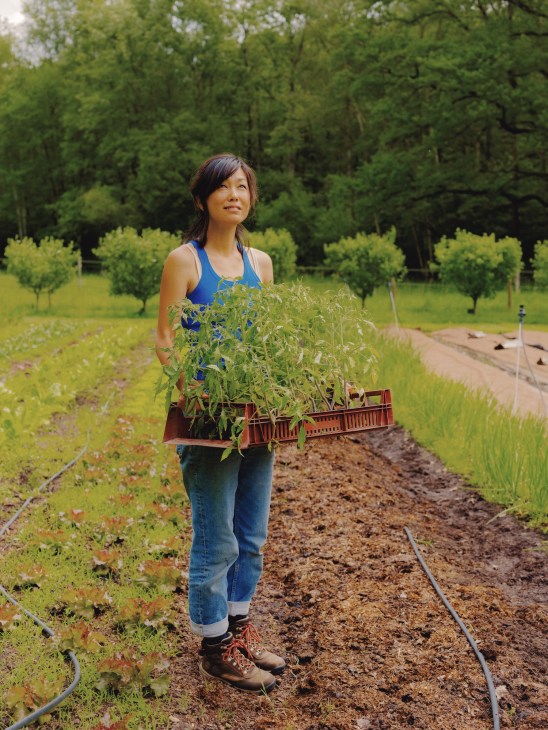
“The aim was to create a place with a countryside feeling,” Kriegel tells Monocle. “I wanted to have simple architecture and use humble materials.” So, he teamed up with Antoine Ricardou of Parisian design agency Saint-Lazare to devise Le Barn’s aesthetic. After an influential research trip to Montana, the look and feel of the hotel took shape. Many of the bedrooms are arranged in two bright-red barn-like structures with walls clad in cork and wood; meanwhile, a custom-built tiled stove warms the lobby. “US ranch culture was a major inspiration but we were conscious of avoiding anything that would look too faux Western,” says Kriegel. And, though guests have the opportunity to book outings on horseback and pony rides for children, the hotel is just as suited for cycling enthusiasts, hikers or those seeking to do very little.
lebarnhotel.com
3.
D’une île
Rémalard
Distance from Paris: 160km
Mode of transport: Car
Time spent travelling: Over two hours
Direction: Southwest, towards the Perche Regional Natural Park.
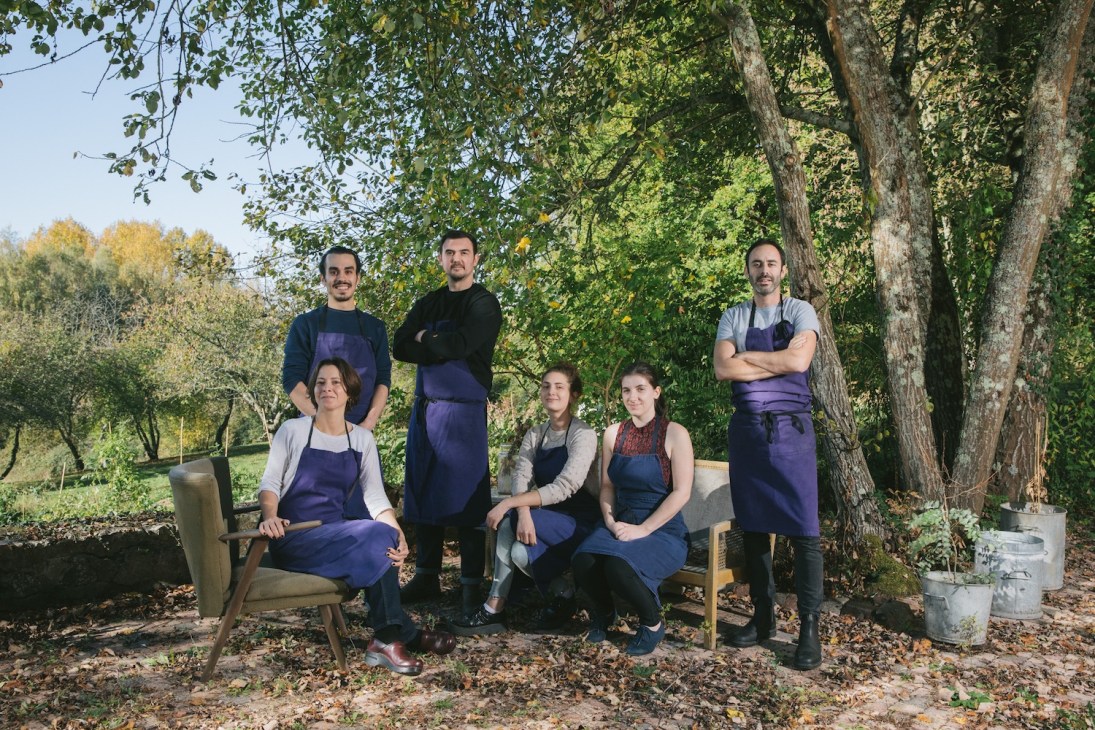
“We have borrowed from the codes of classic hospitality,” says D’une île’s co-owner Théophile Pourriat. “But our vision is more relaxed: we simply host in the way that we like to be hosted.” While a lot of care is put into offering a personalised service, D’une île is doing away with many amenities that are traditionally associated with hotel stays, such as a porter or zippy wi-fi; even mobile phone coverage is unavailable. True to the inn’s rural setting – in the Perche National Park – the 10 guest rooms feature rustic decor that appeals to urban sensibilities but doesn’t clash with the historical facets of the 17th-century former farmhouse.
“We describe D’une île not as a hotel but as our maison de campagne,” says Pourriat. Together with his business partner, Bertrand Grébaut, Pourriat is better known in hospitality circles as the co-founder of Septime, a Michelin-starred restaurant on Paris’s Rue de Charonne. Branching out from drinking and dining wasn’t something that the duo had previously considered. But after staying at D’une île a number of times, they decided to take over in 2018. In Paris they were used to daily changing clientele, here they have more time to finesse the guest experience. Food, of course, is central to D’une île; it’s more a restaurant with rooms than rooms with a restaurant.
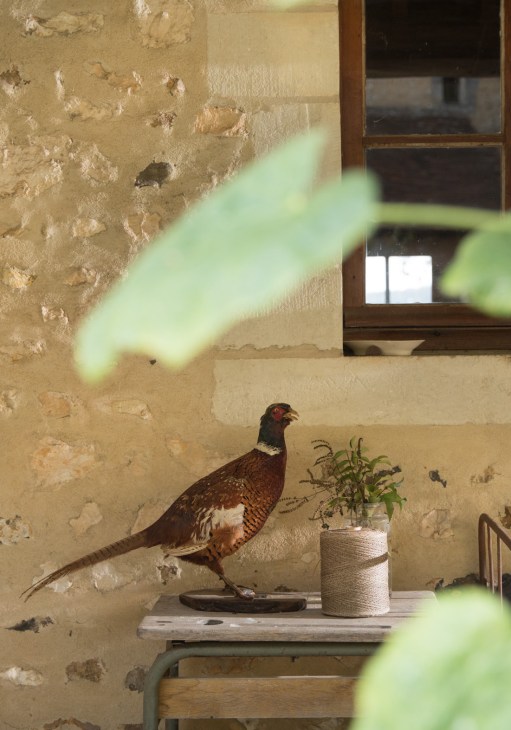
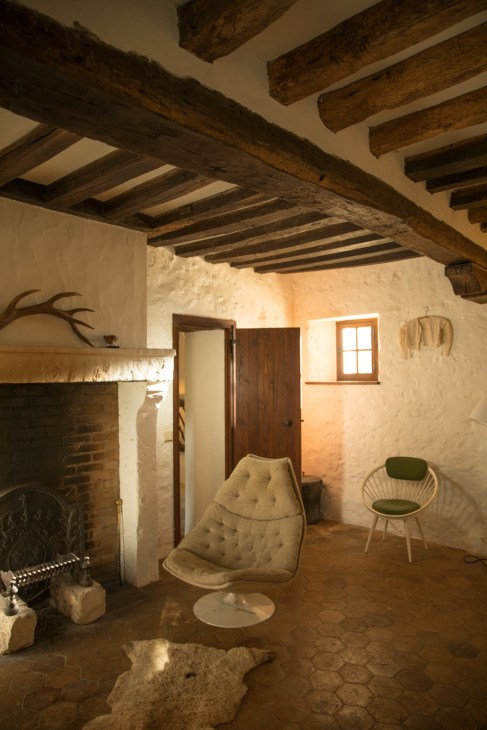
Pourriat and Grébaut put a lot of care into distilling the region into their cooking rather than infusing the countryside with Paris. Running a rural inn means that they can anchor themselves in the community and forge close relationships with producers. In the city, they relied on a network that stretched the length and breadth of France. All of the ingredients on the vegetable-centric menu at D’une île are from local farms and markets. Most of the fruit and vegetables are grown in the on-site garden and the fish comes from the Chausey Islands. Kitchen staples such as olive oil and lemons are replaced by Perche rapeseed oil and vinegar. “Whether the way we do things is the future of hospitality is unclear; there will always be space for palatial hotels where everything is available at all times,” says Pourriat. “But for us, this close-to-nature approach is fundamental to who we are as restaurateurs.”
duneile.com
4.
Tuba Club
Les Goudes, Marseille
Distance from Paris: 786km
Mode of transport: Train
Time spent travelling: Five hours
Direction: Make for Marseille by rail then hop in a cab
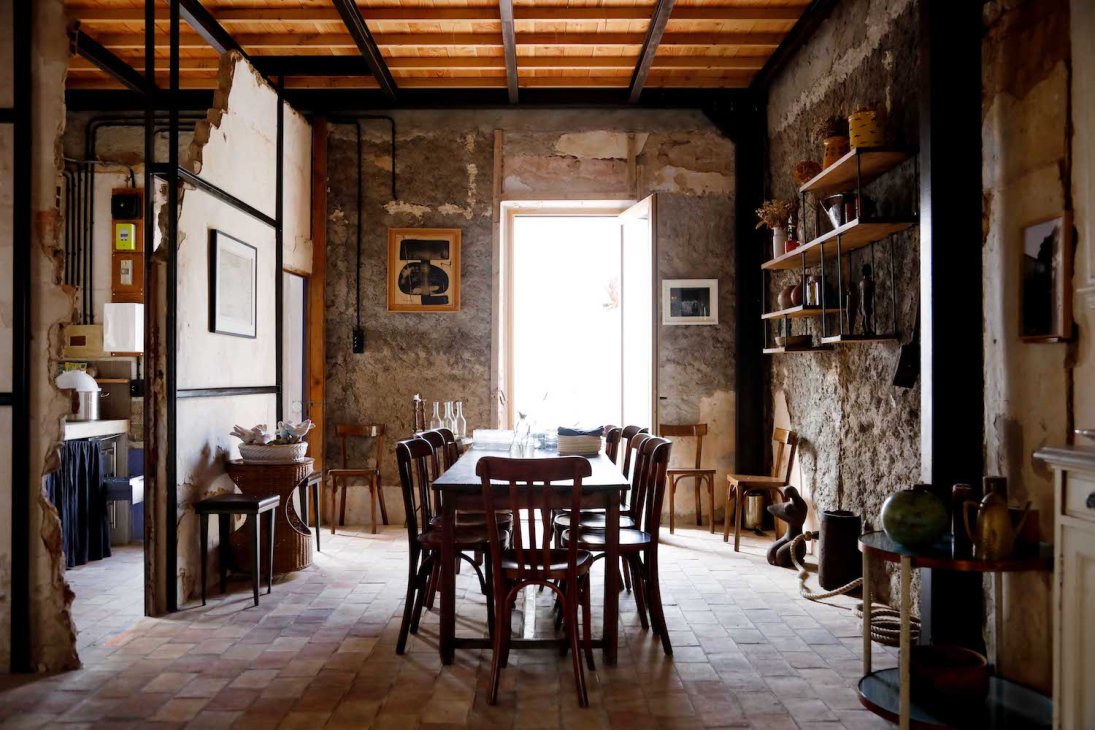
Since opening in 2020, Tuba Club in Les Goudes, a pretty fishing village just south of Marseille proper, has quickly become a summer institution in France’s second city. Founders Greg Gassa, an entrepreneur, and film producer Fabrice Denizot saw the potential of this no-frills former swimming club. They lured a smart, younger crowd to soak up the laidback atmosphere amid dramatic rocks and lemon-andcream-hued loungers. The founders tapped their childhood friend, architect Marion Mailaender, to take the bones of a bathing club and create something to match Marseille’s sultry summer mood. The brief? A friendly space that riffs on Le Corbusier’s wooden cabin at Roquebrune-CapMartin and the fetching bar that neighbours them, L’Étoile de Mer. In 2023, Tuba Club added a new villa to its five fuss-free Cabanon-style huts, providing an ideal platform to dive into resident chef Sylvain Roucayrol’s excellent cookery.
